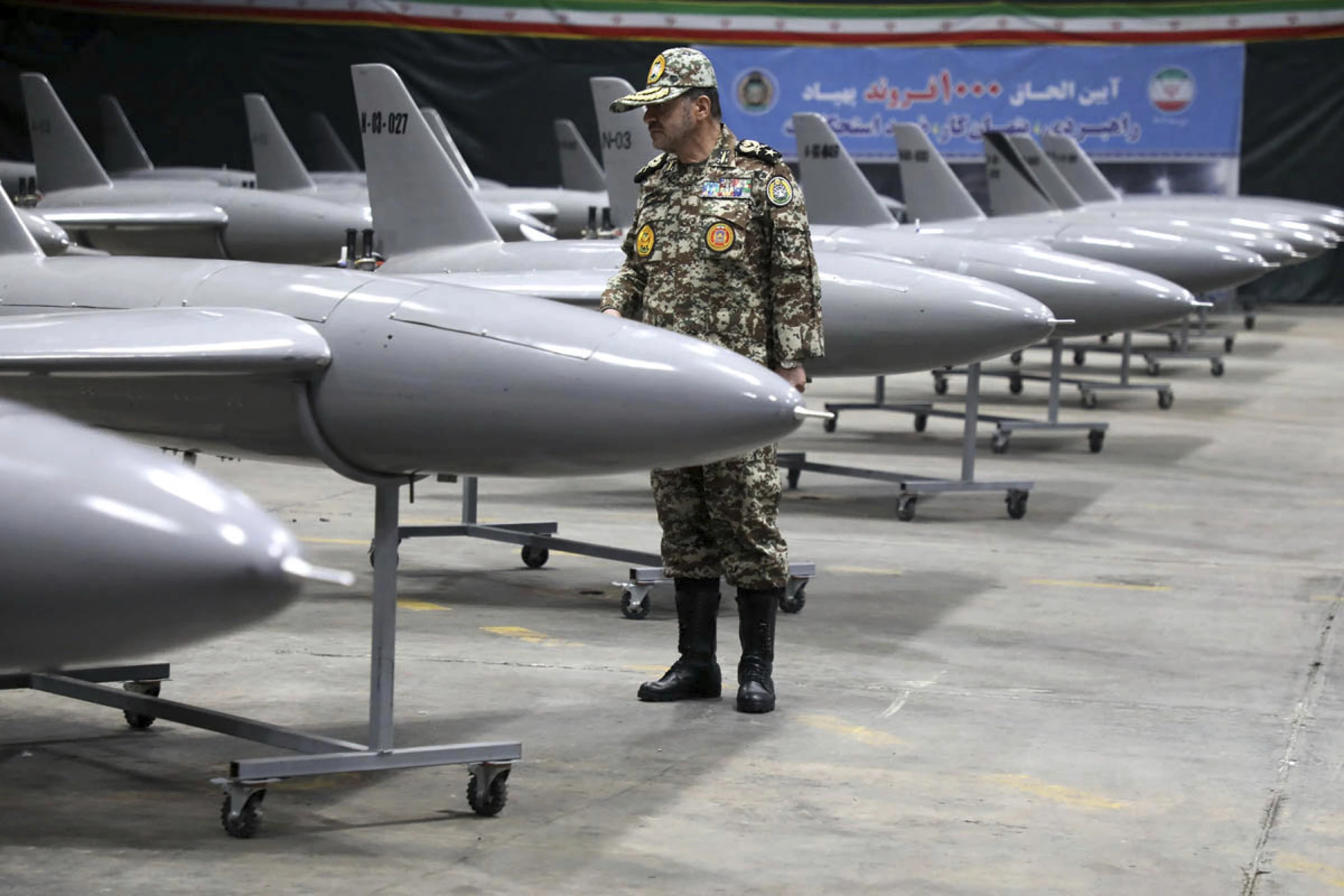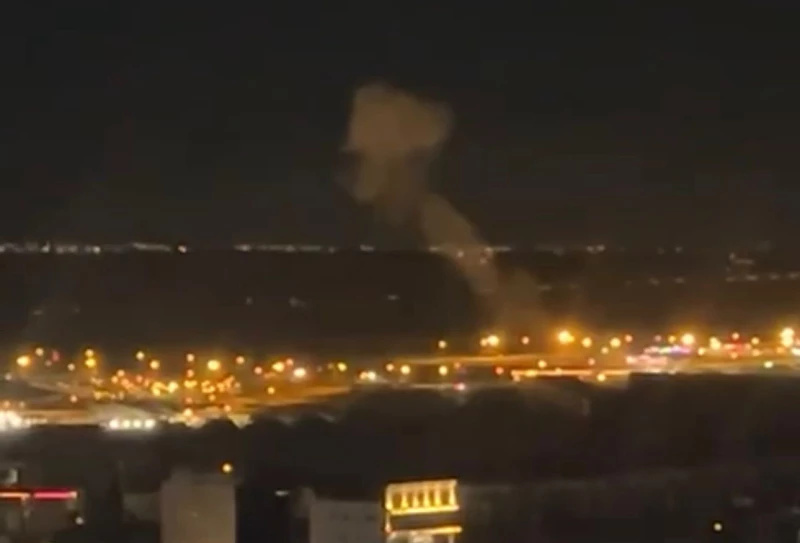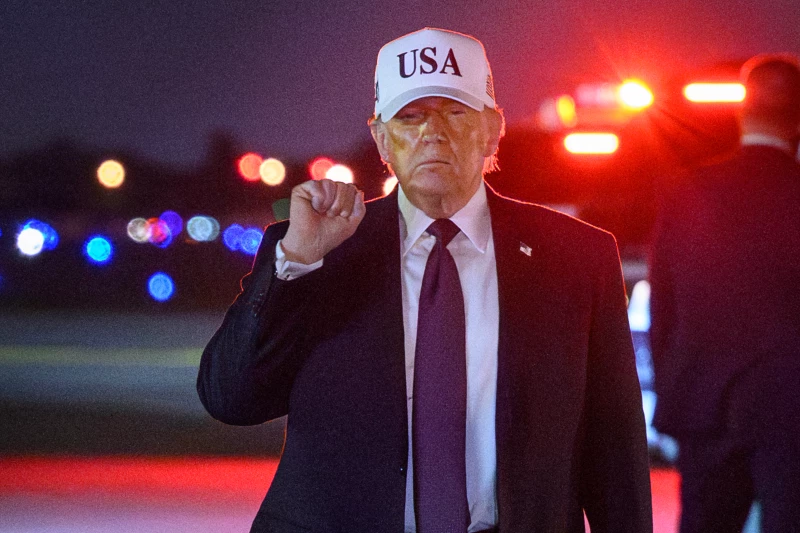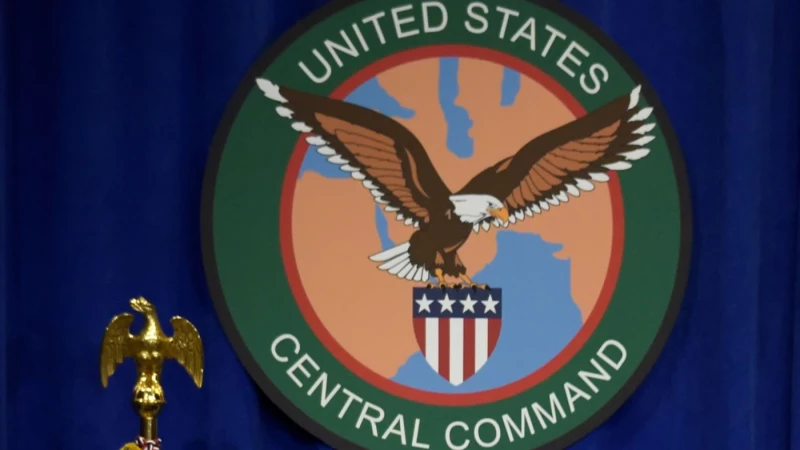ERBIL, Kurdistan Region of Iraq - The United States on Wednesday announced sanctions against 32 individuals and entities across eight countries accused of helping Iran obtain materials to build ballistic missiles and Unmanned Aerial Vehicles (UAVs).
The US Treasury Department in a statement said the networks in Iran, the UAE, Turkey, China, Hong Kong, India, Germany, and Ukraine have supplied chemicals and equipment used in producing ballistic missiles and UAVs.
“These networks pose a threat to US and allied personnel in the Middle East and to commercial shipping in the Red Sea,” the Treasury asserted.
“As Iran seeks to reconstitute its proliferation-sensitive capabilities destroyed during following the 12‑Day War, OFAC [the Office of Foreign Assets Control] is acting to disrupt the procurement of key components, such as missile propellant precursors, and to prevent those assisting Iran from accessing the US financial system,” it added.
The sanctions freeze any US-based assets of the targeted companies and individuals while prohibiting Americans from doing business with them. They also threaten secondary sanctions on foreign financial institutions that facilitate significant transactions for them.
Among the blacklisted is a group known as the “MVM partnership,” which Washington accused of coordinating the purchase of hundreds of tons of missile propellant ingredients—including sodium chlorate, sodium perchlorate, and sebacic acid—from China since 2023 for Iran’s Parchin Chemical Industries, an element of the Defense Industries Organization.
Other sanctioned entities include firms linked to Iran’s Islamic Revolutionary Guard Corps (IRGC) and companies accused of helping produce and repair drone components through front networks in China, Turkey, and Ukraine.
The move, according to the treasury, supports the reinstatement of UN sanctions against Iran that went into force in September after France, Germany, and the United Kingdom invoked the 2015 nuclear deal's snapback mechanism, citing Tehran's persistent violations.
The sanctions include bans on Iran’s arms trade and missile-related technology, asset freezes on designated individuals and entities, and imposes limits on nuclear and military cooperation.
At the end of the 12-Day War, the US bombed key nuclear facilities in Iran, after which Tehran suspended inspections of its nuclear sites—a legal obligation under the 2015 deal.
Iran has repeatedly denied intentions of producing nuclear weapons.
The Treasury said the sanctioned individuals' and entities' assets that “are in the United States or in the possession or control of US persons are blocked and must be reported to OFAC. In addition, any entities that are owned, directly or indirectly, individually or in the aggregate, 50 percent or more by one or more blocked persons are also blocked.”
“Violations of US sanctions may result in the imposition of civil or criminal penalties on US and foreign persons. OFAC may impose civil penalties for sanctions violations on a strict liability basis,” it added.



 Facebook
Facebook
 LinkedIn
LinkedIn
 Telegram
Telegram
 X
X


